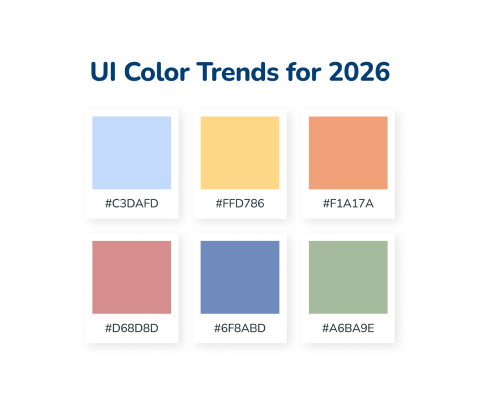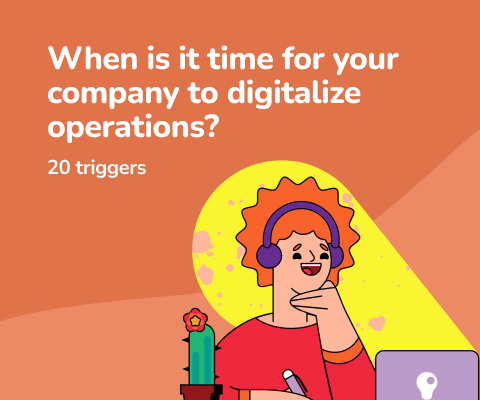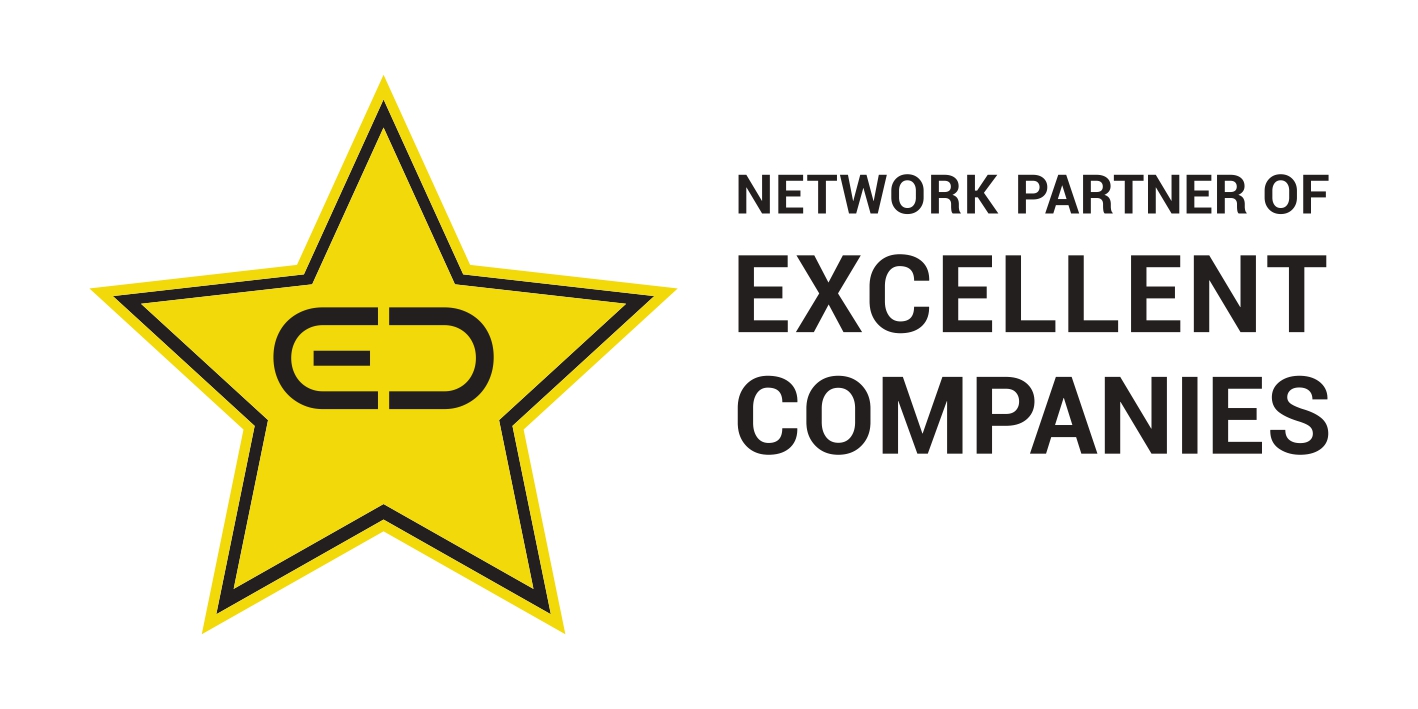February 11th, 2026, posted in for_founders
by Miruna
Let`s face it, building web apps can be repetitive. Like that login form or file upload input you`ve implemented 500x before. Or that list of products you just want to get through with, so you can focus on the challenging and exciting stuff. You know, the kind of stuff that made you want to be a web developer in the first place.
We want to put the fun back in building web apps, so we partnered with Creative Tim and developed several admin dashboards with a fully integrated Laravel backend. What`s more, we packed up everything nicely in a bundle, so you can enjoy all our dashboards with a 70% discount.
The bundle consists of seven premium admin dashboards supporting the latest version of Laravel. Each admin dashboard has a distinctive look & feel, courtesy of Creative Tim`s design mojo, and comes with out of the box CRUDs for managing users, roles, categories, tags and items. In short, everything you need, so that your app looks like you want it to look and does what you want it to do.
We estimate our premium admin dashboards save you a hefty 90 hours of boredom. The bundle comes with over 1200 fully coded components, over 140 example pages, a functional Laravel backend and several awesome designs to choose from. Whether you are a material design aficionado, you`re considering a dark theme to improve readability, or simply want a dashboard developed in collaboration with one of the world`s leading design platforms, InVision, we`ve got you covered.
We like to think of the Laravel Bundle as a web development powerhouse. The present guide is meant to give you a flavour of how you can harness this power.
Below are six web apps you can start building right away with any of the PRO dashboards in the bundle and the general steps to do so.
How to build a blog with our premium dashboards
1. Set up your development environment according to your preferred OS [set up]
2. Download and set up either one of the seven premium dashboards:
Material Dashboard Pro Laravel
Light Bootstrap Dashboard Pro Laravel
Or get them all in a bundle:
Laravel Bundle [set up]
3. Create your categories for organizing the blog articles [use existing admin option]
4. Create the tags you want to use [use existing admin option]
5. Start adding articles (using the Items section) and don’t forget to include tags in order to make finding articles easier [use existing admin option]
6. Create the public part of your blog [write your own code]
7. Every blog has social integration and sharing, so don`t forget to add these features too. [write your own code]
8. Customize the dashboard in order to access statistics easier [write your own code]
9. All you need now is to deploy it online [deploy]
How to build a lightweight e-commerce with our premium dashboards
1. Set up your development environment according to your preferred OS [set up]
2. Download and set up either one of the seven premium dashboards:
Material Dashboard Pro Laravel
Light Bootstrap Dashboard Pro Laravel
Or get them all in a bundle:
Laravel Bundle [set up]
3. Create your categories for organizing the products [use existing admin option]
4. Create the tags you want to use [use existing admin option]
5. You need to customize the Item Management in order to be able to save prices for the items. In this step you can also add different types of fields, as required. [write your own code]
6. Add your items/products. [use existing admin option]
7. Create the public part for your e-commerce site [write your own code]
8. You need to add a shopping cart package/custom [write your own code]
9. Create the checkout page with user login/register. [write your own code]
10. Define User Roles [use existing admin option]
11. If you want online payment, you need to integrate with a Payment Gateway (e.g. Stripe, PayPal, Braintree) [write your own code]
12. For invoicing you can integrate with an external service or create your own invoices; there are a handful of invoice pdf generators you can use [write your own code]
13. Add an admin page where you can see the incoming orders with advanced order management (i.e. status, filters, group by user) [write your own code]
14. Users should be able to see their orders, present and past, and the status of an order, so you have to extend the user profile in order to include these. [write your own code]
15. Customize the dashboard in order to access statistics easier and to keep an eye on your revenue. [write your own code]
16. All you need now is to deploy it online [deploy]
How to build a forum (dashboard administration) with our premium dashboards
1. Set up your development environment according to your preferred OS [set up]
2. Download and set up either one of the seven premium dashboards:
Material Dashboard Pro Laravel
Light Bootstrap Dashboard Pro Laravel
Or get them all in a bundle:
Laravel Bundle [set up]
3. Create your categories for organizing the forum posts [use existing admin option]
4. Create the tags you want to use [use existing admin option]
5. Create the public part for your forum [write your own code]
6. Start writing posts. [use existing admin option]
7. If you want to moderate the conversations you can add a custom middleware/policy [write your own code]
8. You can assign other users to help you with moderation through user roles [use existing admin option]
9. Customize the dashboard in order to access statistics easier [write your own code]
10. All you need now is to deploy it online [deploy]
How to build a presentation website with our premium dashboards
If you want to showcase your products without the hassle of a full e-commerce solution, but still be able to manage them easily.
1. Set up your development environment according to your preferred OS [set up]
2. Download and set up either one of the seven premium dashboards:
Material Dashboard Pro Laravel
Light Bootstrap Dashboard Pro Laravel
Or get them all in a bundle:
Laravel Bundle [set up]
3. Create your categories for organizing the products [use existing admin option]
4. Add your items/products. [use existing admin option]
5. Create the public part for your presentation site [write your own code]
6. No website is complete without a contact form. Let’s implement it and add an administration page where you can see the messages. [write your own code]
7. Customize the dashboard in order to access statistics easier [write your own code]
8. All you need now is to deploy it online [deploy]
How to build a classified advertisements website with our premium dashboards
1. Setup your development environment according to your preferred OS [set up]
2. Download and set up either one of the seven premium dashboards:
Material Dashboard Pro Laravel
Light Bootstrap Dashboard Pro Laravel
Or get them all in a bundle:
Laravel Bundle [set up]
3. Create your categories for organizing the classified advertisements [use existing admin option]
4. Create the tags you want to use [use existing admin option]
5. You need to customize the Item Management in order to be able to save prices for the items. In this step you can also add different types of fields, as required. [write your own code]
6. Create the public part for your classified advertisements website [write your own code]
7. Create a couple of advertisements [use existing admin option]
8. Customize the dashboard in order to access statistics easier [write your own code]
9. The next step is to allow your users to add advertisements. Free or subscription based. [write your own code]
10. All you need now is to deploy it online [deploy]
How to build an appointments/calendar app with our premium dashboards
1. Set up your development environment according to your preferred OS [set up]
2. Download and set up either one of the seven premium dashboards:
Material Dashboard Pro Laravel
Light Bootstrap Dashboard Pro Laravel
Or get them all in a bundle:
Laravel Bundle [set up]
3. Create your categories for organizing the projects [use existing admin option]
4. Add your current projects [use existing admin option]
5. Create a new list page that displays all of your upcoming appointments [write your own code]
6. Create an “add appointment” form page and set up a couple of appointments [write your own code]
7. Create a calendar view of your appointments using the integrated Calendar [write your own code]
8. Customize the dashboard in order to access statistics easier [write your own code]
9. If you need reminders so that you don’t miss an event, you can add Email Notifications [write your own code]
10. You can go further and allow other users to use your app by creating new roles/permissions [use existing admin option]
11. All you need now is to deploy it online [deploy]
We are always striving to create rich featured, versatile products and your feedback is an important part of this. So, tell us what you want added or what you suggest we build next.
Also, if you need a hand with your Laravel project, don`t hesitate to drop us an email or leave a comment below. We build complex apps for a living.

















